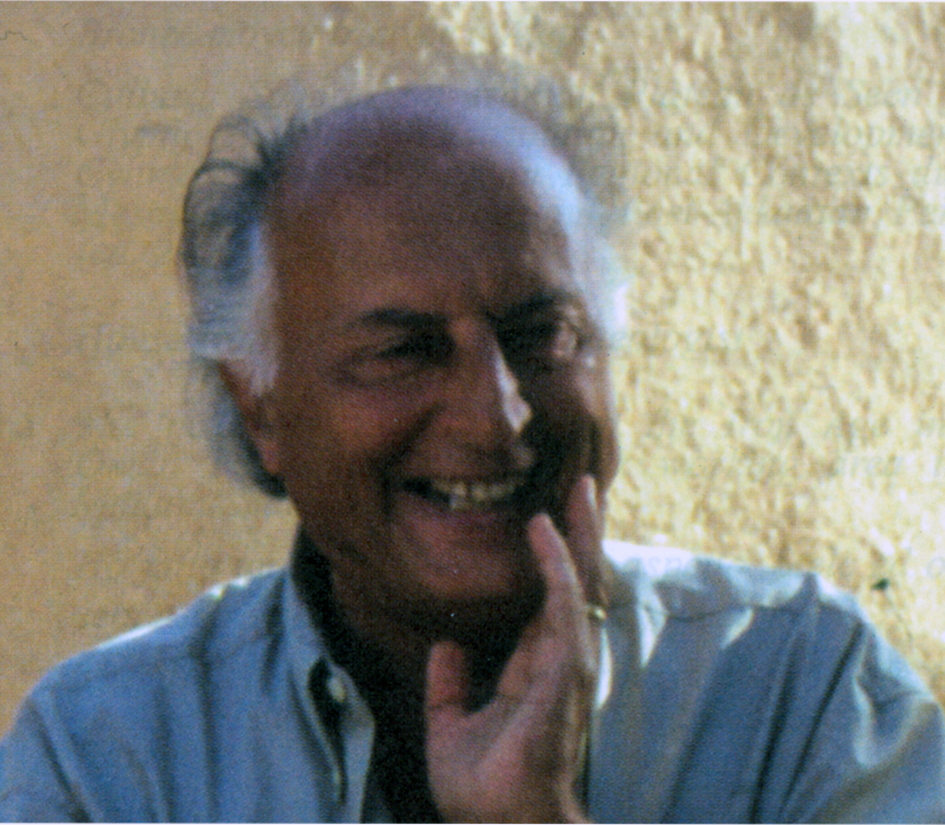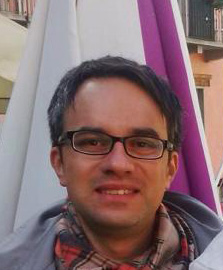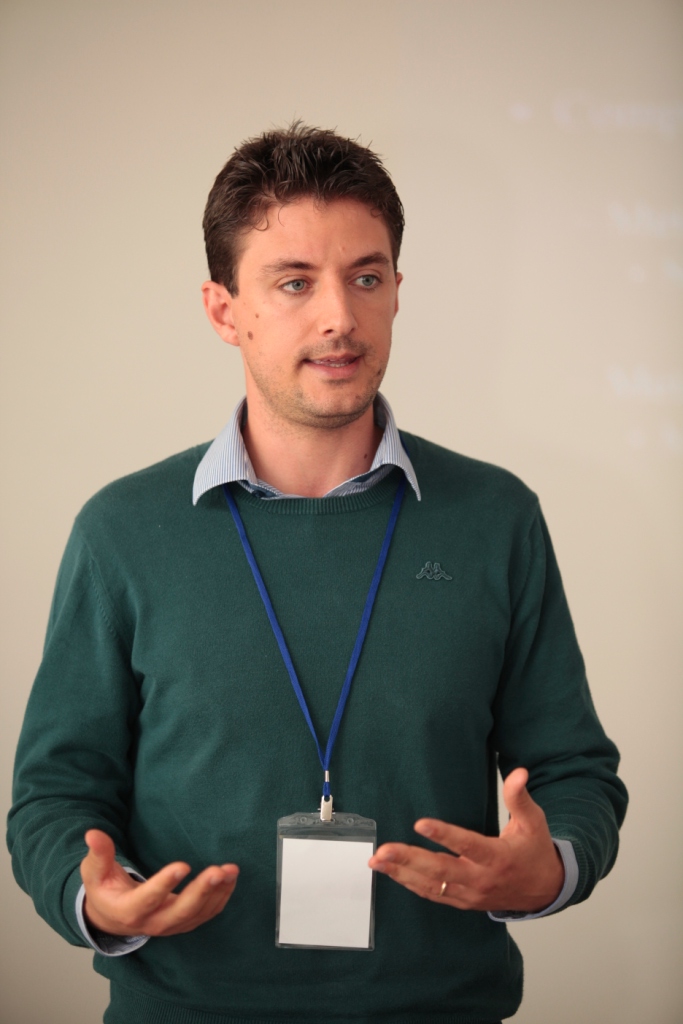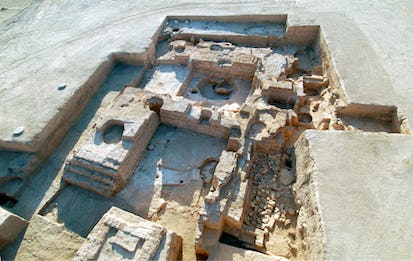- Level Foundation
- Duration 14 hours
- Course by Sapienza University of Rome
-
Offered by

About
Archaeology is, among human sciences, the discipline with the strongest importance for the rediscovery, but also for the preservation and protection of cultural heritage, as Humankind’s universal patrimony. You will be introduced to the way we ourselves reflect on and are engaged with the study of human past: from the practical and material recovery of ancient traces in the field to the study and interpretation. On the other hand, the discovery of human past implies the correct conservation and presentation for both experts and general public: the study and protection of the past we share every day prevent from any possible destruction, misuse, abuse and thus cancellation of human memory. “Recovering the Humankind's Past and Saving the Universal Heritage” presents to a large public Archaeology as a historical discipline: through an inter-disciplinary perspective you will follow the evolution and change of archaeology to the moment when natural sciences contributed to make the historical reconstructions scientifically sound; the aid of informatics and of virtual reconstructions gives new fascination to the already strong suggestion of Archaeology, as the discipline of discovery par excellence. Within this frame, Ebla, which is the glory of the Sapienza school of Oriental archaeology, will have an exemplary meaning in the course development as a long lasting experience on the field and an excellent example of the scientific results of combined researches and disciplines. Moreover, the course will focus on actual, innovative instruments to preserve, monitor and give value to cultural heritage through a multidisciplinary approach, based on a deep archaeological and historical knowledge but also on ICT technologies. The wide adoption of ICT technologies in our daily life is also impacting in the way in which we interact with our cultural heritage in particular in terms of preservation and dissemination of cultural objects. In this course you will learn the basic techniques to digitize cultural objects and obtain 3D digital copies of a physical objects such as statues, vases or archaeological sites. We will also discuss how to structure the raw data in order to facilitate and make effective the access to digital contents. In particular, we will present the European Data Model, a framework for collecting, connecting and enriching data on cultural objects provided by a number of museum, archives, sites and libraries in Europe.Modules
INTRODUCTION
5
Readings
- Getting Started
- Course Format
- Communication within the class
- Quiz Availability
- Lectures Availability
Suggested Readings:
2
Readings
- Lecture 1
- Lecture 2
Collaborative Activities
1
Readings
- Collaborative Activities
Week 1 - The recovery of the human past and the protection of the universal heritage.
1
Assignment
- Quiz Week 1
4
Videos
- Section 1.1 - What is archaeology? - (min. 14:29)
- Section 1.2 - The memory of the past in ancient civilizations - (min. 15:43)
- Section 1.3 - Preservation of the past and reference to the past - (min. 18:45)
- Section 1.4 - The appropriation and destruction of the others' past - (min. 19:23)
Week 2 - The birth of archaeology and its role in the contemporary world.
1
Assignment
- Quiz Week 2
4
Videos
- Section 2.1 - The scientific rediscovery of the past and the first forms of protection of the past - (min. 17:43)
- Section 2.2 - Renaissance in the western world, and the Renaissance - (min. 13:38)
- Section 2.3 - The birth of Archaeology as a historical discipline - (min. 17:58)
- Section 2.4 - The Archaeology of prehistory and the Archaeology outside the Old World: the enlargement of horizons from the Americas to India, and China. - (min. 15:44)
Week 3 - The fascination of archaeology in its practices and interpretations
1
Assignment
- Quiz Week 3
3
Videos
- Section 3.1 - The devolution of the New Archaeology - (min. 11:18)
- Section 3.2 - Scientific methods in Archaeological Reconstructions - (min. 10:05)
- Section 3.3 - Archaeology as Science - (min. 07:40)
Week 4 - Archaeology in research practice
1
Assignment
- Quiz Week 4
4
Videos
- Section 4.1 - Discovery in Archaeology, the responsability of discovering, to discover is to destroy - (min. 11:21)
- Section 4.2 - Stratigraphical Archaeology .... - (min. 15:28)
- Section 4.3 - The Archaeological excavation as operation of Harmony .... - (min. 12:07)
- Section 4.4 - The Archaeological interpretation .... - (min. 10:18)
Week 5 - From Archaeology to History
1
Assignment
- Quiz Week 5
3
Videos
- Section 5.1 - Pioneer Archaeology: The Case of Nineveh - (min. 18:33)
- Section 5.2 - Historical Archaeology: The Case of Ebla - (min. 18:18)
- Section 5.3 - Archaeology of Territory: Surveys in Southern Mesopotamia - (min. 18:33)
Week 6 - Digitizing Cultural Objects and 3D virtual reconstruction
1
Assignment
- Quiz Week 6
4
Videos
- Section 6.1 - Titolo - From Physical Cultural Heritage to Digital one - Part 1 (min. 17:28)
- Section 6.2 - Titolo - From Physical Cultural Heritage to Digital one - Part 2 (min. 18:31)
- EXTRA: Tutorial Section 6.2.2 - make your copy of Visual SFM (min. 3:43)
- Section 6.3 - Titolo - From Physical Cultural Heritage to Digital one - Part 3 (min. 17:33)
Week 7 - Sharing Digital Cultural Objects
1
Assignment
- Quiz Week 7
4
Videos
- Section 7.1 - Sharing digital resources on the Internet - (min. 08:35)
- Section 7.2 - Modeling digital data - (min. 11:53)
- Section 7.3 - Europeana Data Model - (min. 18:06)
- Section 7.4 - Europeana Data Model - (min. 15:21)
Week 8 - The Past As a Universal Heritage of Humankind
3
Assignment
- Quiz Week 8
- Final exam
- Collaborative Activities Quiz (Only for active Collaborative Activity members)
3
Videos
- Section 8.1 - Cultural Heritage Assets - (min. 17:56)
- Section 8.2 - The Risk of the Destruction of Cultural Heritage - (min. 19:10)
- Section 8.3 - The Future of Cultural Heritage - (min. 13:47)
Auto Summary
Discover the fascinating world of archaeology with "Recovering the Humankind's Past and Saving the Universal Heritage," an engaging course by Coursera. Delve into the preservation and protection of cultural heritage through interdisciplinary approaches, combining historical knowledge and ICT technologies. Learn techniques to digitize cultural objects and create 3D digital copies, while understanding the European Data Model for effective data management. Perfect for beginners, this 14-hour course offers foundational insights and innovative methods to engage with and protect our shared human history.

Paolo Matthiae

Davide Nadali

Andrea Vitaletti

Emanuel Demetrescu


